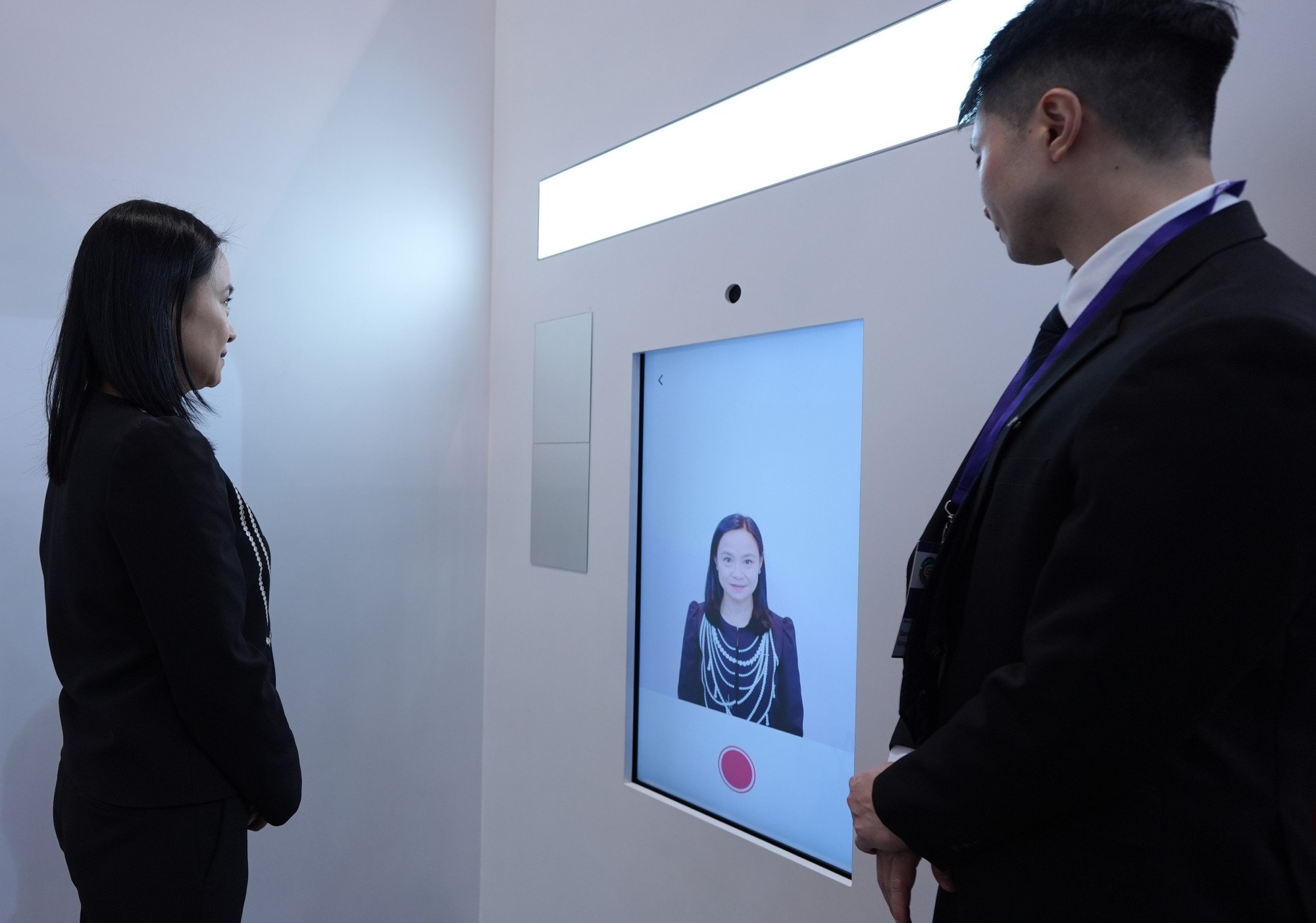Central banks worldwide must rapidly escalate their generative artificial intelligence (AI) capabilities as they confront a new generation of risks and opportunities generated by technologies being designed to imitate human cognition.
That is one conclusion from a new study by the Bank for International Settlements (BIS) examining how AI abilities – amassing unfathomable volumes of data and instantaneously performing unimaginable calculations – are revolutionising global finance, in ways similar to transformations happening almost everywhere else. The report is equal parts concern and excitement.
One clue to the enormity of AI’s impact comes from the McKinsey Global Institute, which estimates that the technology could add as much as US$340 billion in value annually to the global banking sector, or 4.7 per cent of total industry revenues, largely through increased productivity. Already, 70 per cent of financial services firms surveyed worldwide use AI to enhance cash-flow predictions and improve liquidity management.
Futurist Ray Kurzweil predicts that by the time a child born today is in kindergarten, AI “will probably have surpassed humans at all cognitive tasks, from science to creativity”. According to the BIS, these capabilities “can be harnessed by central banks in pursuit of their policy objectives, potentially transforming key areas of their operations”.
Yet, the uncharted path ahead will be enormously challenging for central banks, with multiple risks such as inflation, the BIS report warns.
AI can give banks better tools to foresee risks with greater precision and discern undercurrents that could precipitate a recession. They can be better financial detectives in spotting fraud, finding the needle in the haystack. Bank operations, such as adjusting the money supply by buying or selling securities in the open market, might be more efficient.

A central bank digital currency for wholesale and retail purposes, a goal advocated by the current governor of the Bank of France and others, will be more easily accomplished. Advancement could also occur in the utilisation of blockchain technology, which is a publicly or privately shared virtual ledger that helps make transactions and tracks assets securitised by data encryption.
Central banks, however, are vulnerable to the ethical, legal and technical challenges facing all who adopt AI, from cybersecurity attacks to data biases that could wrongly skew banks’ decisions amid the blindness and impotence that accompanies a tsunami of overwhelming changes.
Central banks must get it right. As is the case in the early stages of new technologies, figuring out how to jump in without squandering limited resources can lead to mistakes, false starts and the inevitable confusion that comes with unpredictable change. Meanwhile, the pressure of keeping current is mounting. Central banks must clearly set their vision for ways in which AI can serve their critical roles in maintaining financial stability through monetary policy, guarding against fraud through oversight and serving as a lender of last resort in crises.
However, central banks tend to be risk-averse and slow to adapt, tightly embracing stability as a foundation of trust and confidence. Their quandary is aptly summarised by Winston Churchill, former prime minister of the United Kingdom: “Without tradition, art is a flock of sheep without a shepherd. Without innovation, it is a corpse.”

Scaling up involves human resources. But a globally scarce supply of individuals trained in AI is a severe constraint, especially since compensation packages in the private sector might far exceed what central banks can pay. In-house training programmes are a must, but central banks must also think about new kinds of partnerships with the private sector to share human resources without compromising banks’ independence and secrecy so policy discussions with significant economic impacts can be safeguarded.
Partnerships are also needed to help central banks keep pace with dizzying changes in hardware and software that can quickly render useless enormous investments. One approach may be for them to coalesce and leverage cloud computing. This way, they could broadly distribute investment costs that they would otherwise be shouldering alone. Other countries could piggyback onto these initiatives.
Those are issues of one realm. The others arise from the nature of AI itself, such as the potential to threaten data privacy. The commodification of data may violate the privacy of highly personal information that the individual has not consented to be used.
Countries are struggling with their own national regulations. Local governments in China – including those of Hangzhou, Shenyang and Shijiazhuang – are putting forward standards. There is yet to be broad international consensus on creating a global umbrella of protections.
Embedded bias is another challenge. Data is the backbone of AI. Incomplete historical data that under-represents or over-represents certain populations as well as human errors and hardware limitations could lead to decisions by algorithms that are discriminatory, unfair and unequal. Some groups could be denied access to credit and disparities within society could deepen, the BIS warns.
Reliance on AI creates new vulnerabilities from threats such as prompt injection attacks. These are attacks against large language models which use immense amounts of data to mimic human chatter. Hackers force AI systems to leak sensitive data or spread misinformation. Another threat is data poisoning. The information that AI uses to learn is manipulated to sabotage your system.
AI’s opportunities and threats underscore why international organisations, from the International Monetary Fund to the BIS, must change their roles. There is much debate over the future of Bretton Woods. Confronting AI should be high on the reform agenda.
James David Spellman is principal of Strategic Communications LLC, a consulting firm based in Washington, DC



